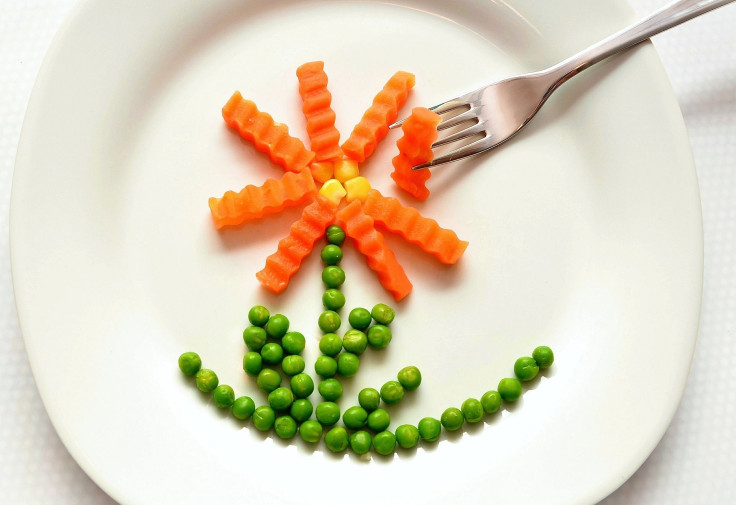Should You Buy Your Food Fresh Or Frozen? Study Debunks Myths On Produce From The Freezer

Fresh or frozen? It’s a question that’s long plagued the health-conscious crowd. Those who advocate for fresh food believe that nutrients can suffer from being frozen, but there’s no denying that frozen food is an easy fix for weeknight meals. They’re already washed, prepped and are ready for a quick zap in the microwave or saute in the pan.
Read: Diet Trends 2017: How The Popular 80/10/10 Eating Plan Affects Weight Loss, Blood Sugar
A study that will be published in June 2017 found that the common belief that fresh has way more nutritional value than frozen is wrong. Researchers looked at nutrients in certain fresh and frozen produce as well as a third category they dubbed fresh-stored, which mimics how long consumers typically store produce after bringing it home (five days).
In the study, they looked at vitamin C, vitamin A and folate levels in broccoli, cauliflower, corn, green peas, spinach, blueberries, strawberries and green beans. In most of the comparisons, they found no major differences in how much a vitamin was preserved. However, they did find that in some instances, frozen actually had more nutrients than fresh-stored, debunking the old myth that fresh is better than frozen.
As Mic reports, the reason frozen produce retains their nutrients is through a technique called fresh freezing, which freezes food quickly so it doesn't go through the process of waiting around on trucks before being transported to the grocery store and carted home.
Read: Can Your Diet Prevent Alzheimer's? 2 Healthy Eating Plans To Battle Dementia
"Frozen vegetables are usually nutritionally equivalent to fresh vegetables because they're generally flash-frozen onsite, immediately after harvest," registered dietitian Emily Braaten, told Mic. "This kind of 'processing' may degrade some nutrients while making others more bioavailable."
Of course, fruits and vegetables are simply good for you and have proven to reduce your risk of disease like heart disease and cancer. So no matter how you buy them, fresh or frozen, aim for five to nine servings per day as advised by the United States Department of Agriculture.
See Also:
5 Most Diet-Friendly Foods You Should Eat, From Chia Seeds To Soup
Peruvian Fruit Is New Superfood For 2017: Health Benefits Of Lucuma, 'Incan Gold'



























